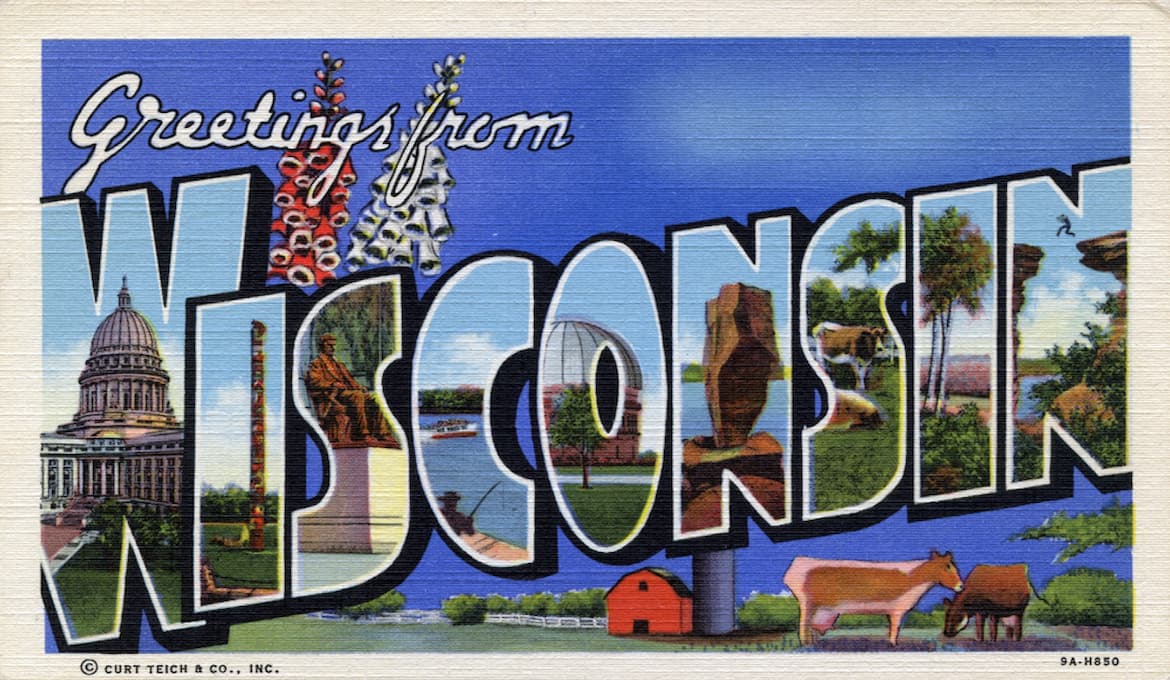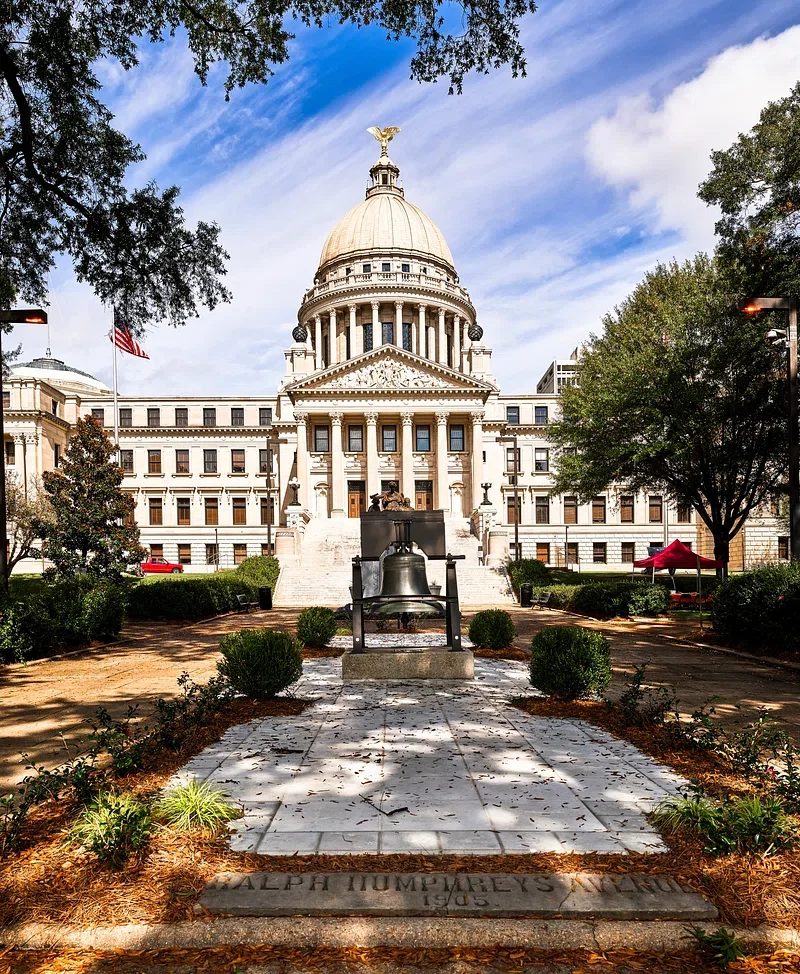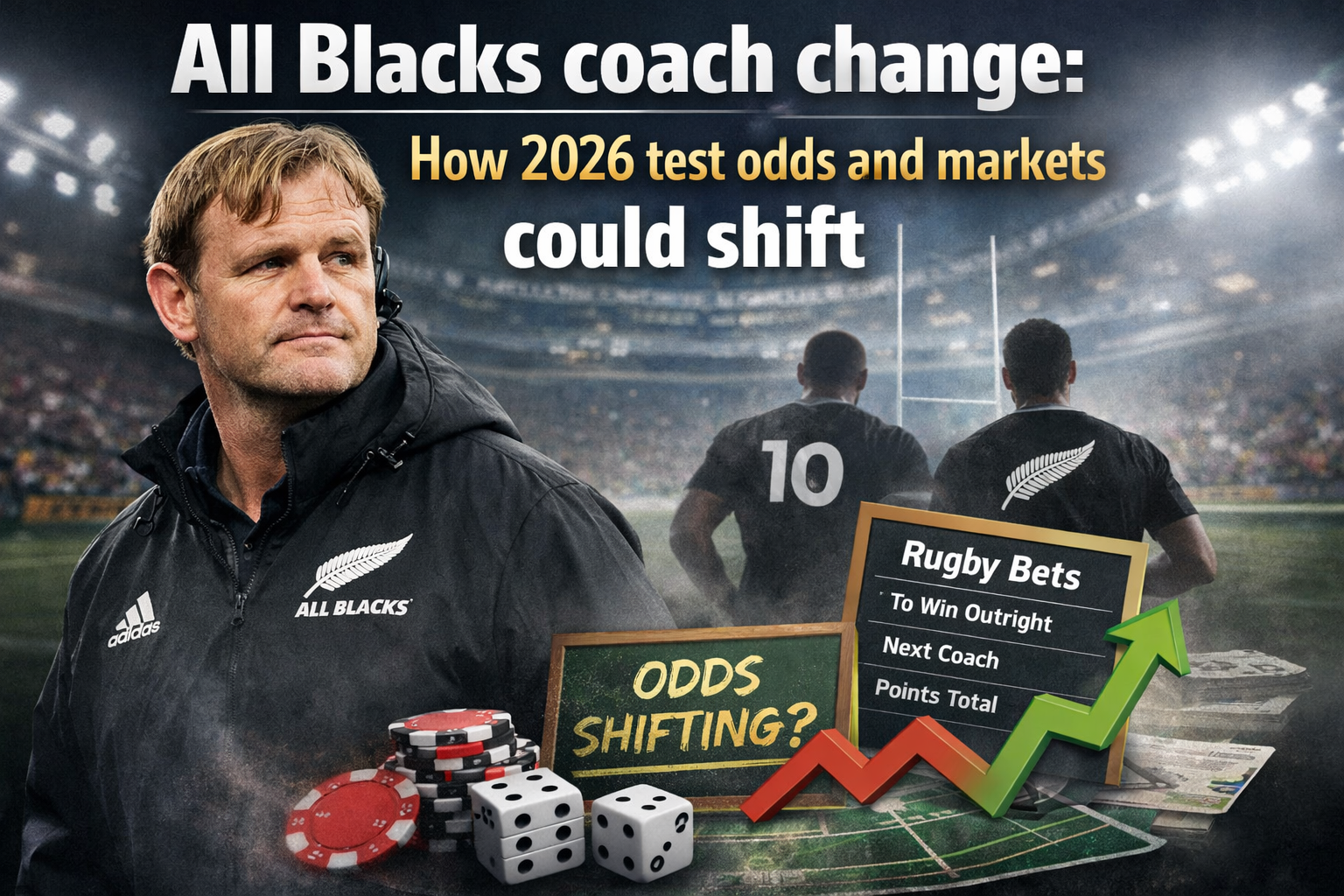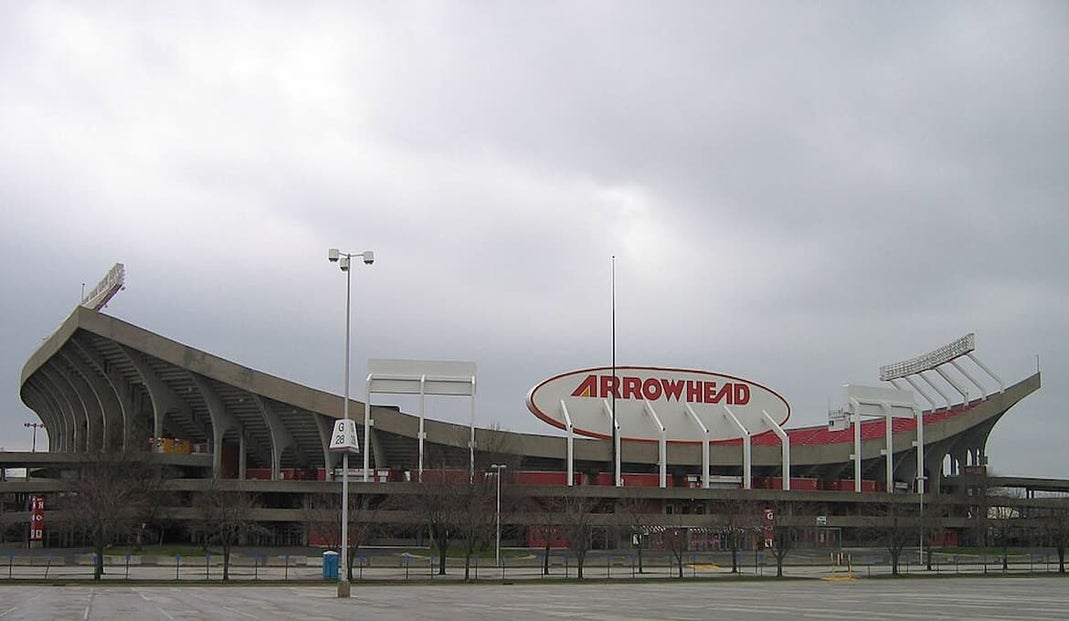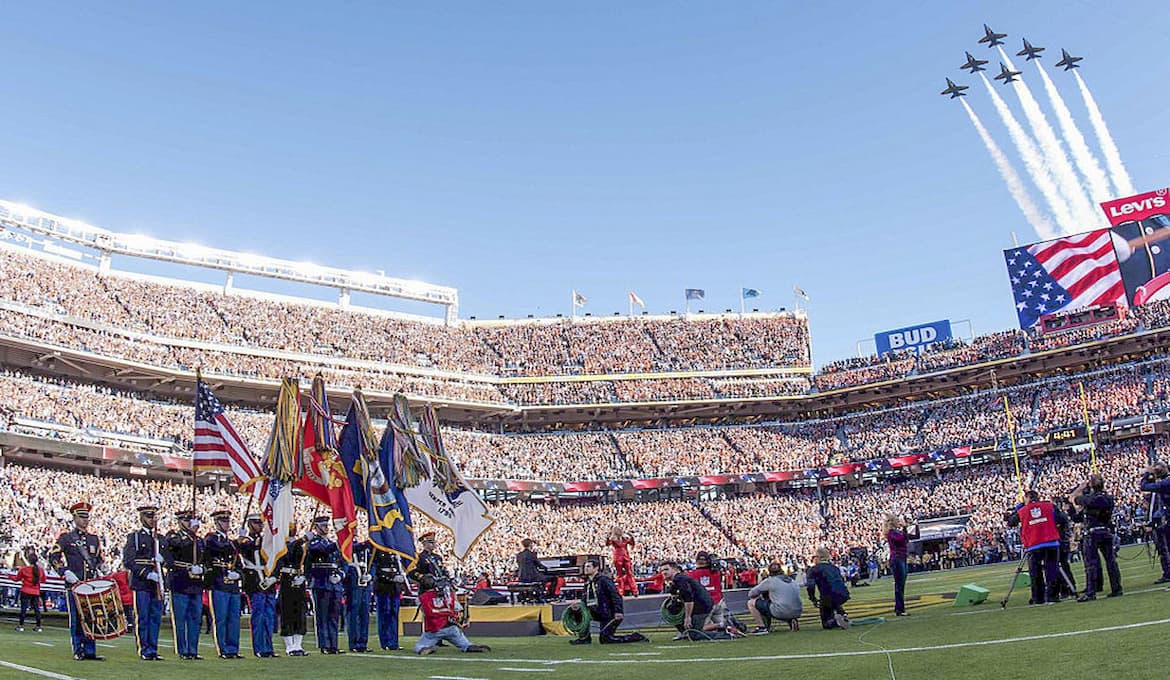Court Finds IGRA Doesn’t Apply
One of the most significant points in the tribe’s legal strategy focused on IGRA violations. Not only did the court disagree, but it also rejected the notion that the law applies to Kalshi.
In the ruling, the court shared its belief that the Unlawful Gambling Enforcement Act governs Kalshi’s offering. That is because the operator is a registered commodity trader, which means the platform is protected under the Commodity Exchange Act. That means when a user purchases a contract, it is not the same as placing a wager with a casino or sportsbook.
The court also cited the tribes' deals with California to offer gambling. Those only grant the tribe rights over tribal gaming and cannot be used to fight commercial operators.
Kalshi Legal Strategy Not Tested
While Kalshi is the biggest winner from the California court’s ruling, it appears their central argument was not needed.
The operator sought to argue that online gambling occurs at the server's location, not at the bettor's location. This was a dicey argument, but it appears it may not have been needed at all.
The court did not rule on this issue, instead finding it moot because it does not consider sports contracts to be gambling. That means customers using the platform while visiting tribal casinos aren’t placing bets; they're trading, as they would in the stock market.
Bad News for Other Lawsuits Against Kalshi
The California ruling is bad news for a growing group of tribes and regulators that have filed lawsuits against Kalshi and sports prediction markets. Most of those suits are based on the idea that sports contracts constitute gambling. Considering Kalshi is advertising itself as a form of legal sports betting, the hope is that the courts would agree.
While some early rulings have gone against the industry, this one is a massive win. That is due to the court refusing to recognize sports contracts as a form of gambling. It sets a precedent that other courts can cite, leading many of those lawsuits to face a similar fate to the one in California.






